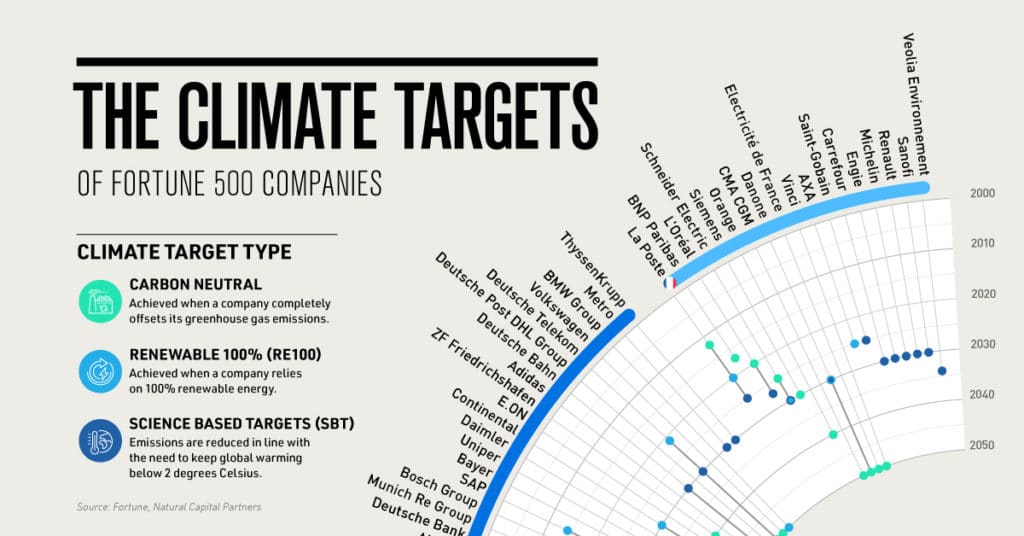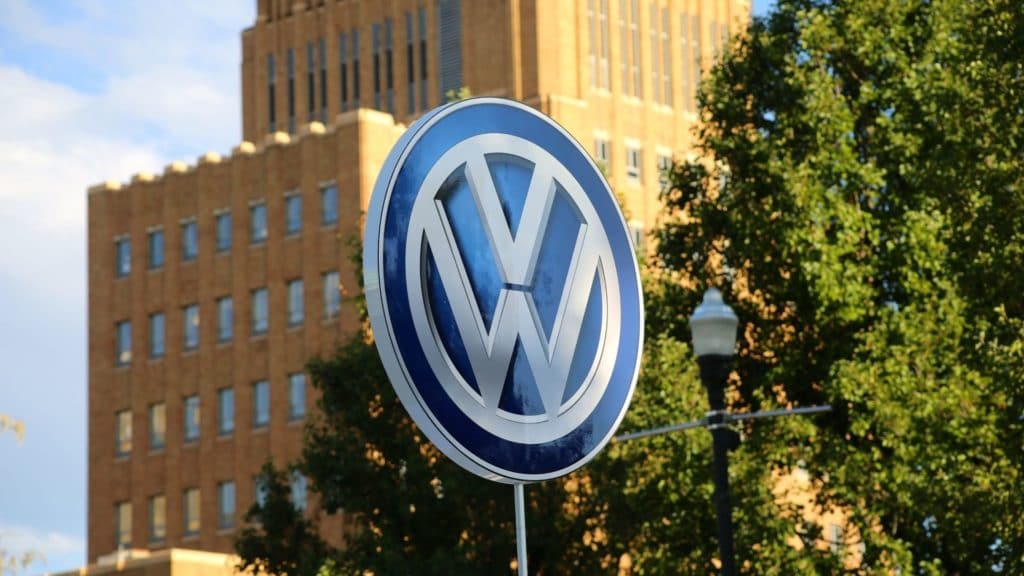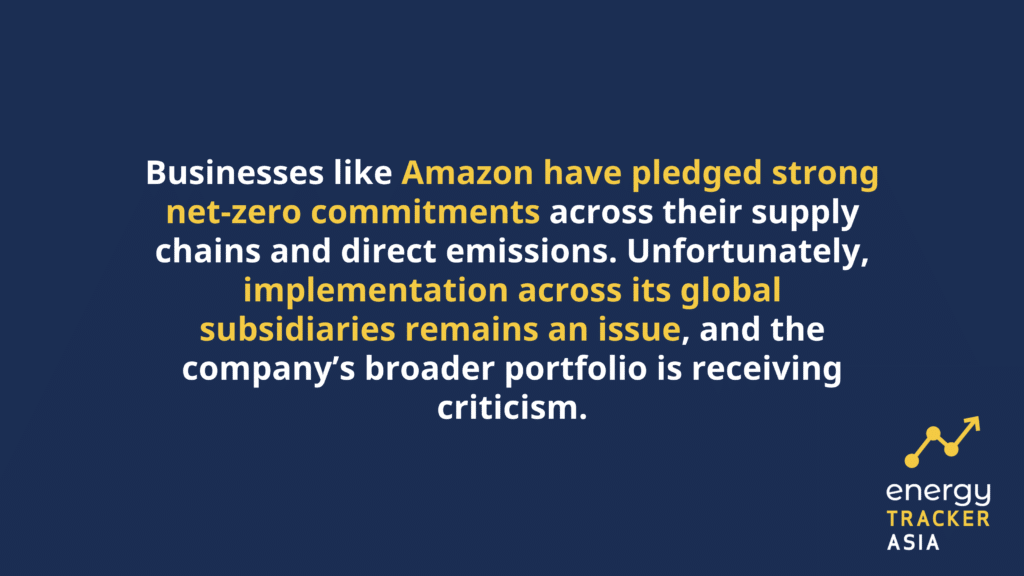Reputational Risk for Companies with Poor Quality Net-Zero Commitments
14 April 2022 – by Eric Koons Comments (0)
Before COP26 in 2021, net-zero commitments were a hot topic. Entire regions and countries pledged to reach a balance between their greenhouse gas emissions (GHG) production and their reduction. While certain nations announced ambitious plans to reach their net-zero targets by the end of the decade, larger developing economies like India and China looked towards the second half of the century. This was the cause of much debate and scepticism in terms of the countries’ timelines and actions. However, this issue was partially eclipsed by the scrutiny companies received for their net-zero commitments and claims. In the fight against global warming, setting science based targets to curb global greenhouse gas emissions is crucial.
Out of the 2,000 largest publicly traded companies and financial institutions, 695 have a plan to reach net zero carbon emissions. Some are also facing greenwashing claims, with the legitimacy of their plans coming under scrutiny. In an analysis of the Fortune 500 companies that had announced net-zero commitments, the World Wildlife Foundation (WWF) found that in 2021, only 13% had science-based plans. “A lot of businesses and investors are setting these kinds of targets, and they’re doing it, arguably, for PR reasons,” explains Oxford University professor Thomas Hale. The public has become more aware of greenwashing and has become sensitive to businesses with poor or unrealistic net-zero emissions plans.

Tracking Business Net-Zero Pledges and Climate Change
Some major companies like Saudi Aramco are ignoring Scope 3 emissions or emissions caused by their supply chains. These emissions account for the lion’s share of their total greenhouse gas emissions in many cases. Meanwhile, this is a move that Time Magazine’s Eloise Barry called “essentially useless”.
Other businesses like Amazon have pledged strong net-zero commitments across their supply chains and direct emissions. Unfortunately, implementation across its global subsidiaries remains an issue, and the company’s broader portfolio is receiving criticism. For example, Amazon CEO Jeff Bezos also owns Blue Origin, a space exploration company. It recently unveiled plans to build a commercial space station – an emissions-heavy process.
Plans of Curbing Global Emissions lack Conviction
Fossil fuel companies have also come under fire. Several companies have announced net-zero plans that do not include phasing out their exploration and extraction operations. Additionally, certain industry leaders have been caught in the act of greenwashing. Starting in 2008, Volkswagen was embroiled in a greenwashing scandal, and it was found guilty of faking emissions tests on its line of diesel vehicles. This had severe impacts on the company’s reputation and has highlighted the need for businesses to stop greenwashing and to begin taking serious action to reach carbon neutrality.

Benefits of Net-Zero
Consumers have expressed a healthy dose of scepticism toward private businesses and their plans to improve their environmental impact. However, there are several major companies that have successfully implemented science-based, net-zero commitments. One success story within the investment sector is AIA. AIA became the first major Asian insurer to end coal exposure seven years ahead of schedule. The company divested from coal and has made further sustainability claims. The company says it will not carry out new investments that are directly involved in coal mining or electricity generation from coal.
In addition to this, AIA will follow the United Nations-backed Science Based Targets initiative (SBTi) and implement it across its USD 286 billion investment portfolio. A spokesperson for the company indicated that AIA intends to invest more in “green, social, and sustainability bonds and renewable power.” This led to AIA’s green bond investments jumping to $1.1 billion at the end of 2020 from $575 million at the end of 2018.
Building a Better Future With Net-Zero Commitments and Net-Zero Targets
Climate change and global temperature rise are significant issues that need global cooperation across different sectors. While countries and regions seek to rapidly decarbonise their economies, companies also have a major role in reducing global emissions.
However, companies who do not take the climate crisis seriously and seek only to follow trends without creating any real solutions will lose consumers and lose out to competitors. It will put them at a stark disadvantage and will tarnish their reputations. The public is seeking real change, and companies who can lead their industries in sustainable development – like AIA – will help build a better future that benefits communities and their portfolios.

by Eric Koons
Eric is a passionate environmental advocate that believes renewable energy is a key piece in meeting the world’s growing energy demands. He received an environmental science degree from the University of California and has worked to promote environmentally and socially sustainable practices since. Eric’s expertise extends across the environmental field, yet he maintains a strong focus on renewable energy. His work has been featured by leading environmental organizations, such as World Resources Institute and Hitachi ABB Power Grids.
Read more

